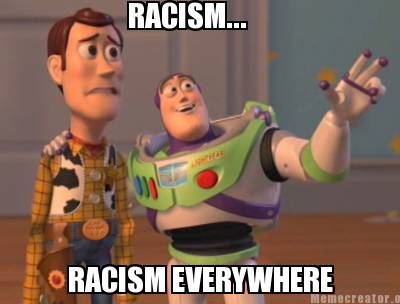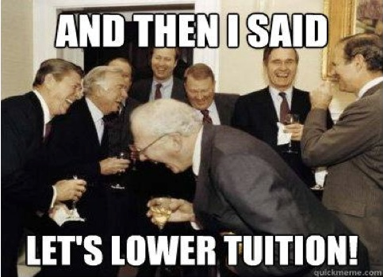At the beginning of class today, we talked about the difficulty of Why Literary Periods Mattered. Professor Gold suggested that Underwood’s study is demanding because he addresses ways of thinking. I completely agree and I’d add that Why Literary Periods Mattered feels specialized, in part, because Underwood’s narrative relies on period-specific knowledge.
While Graff keeps to the conflicts over methodology articulated by those within English departments, Underwood extends his discussion to literary texts themselves–arguing that literature has influenced the way we’ve come to study it. Underwood (tenuously?) ties the introduction of the period survey course in British Universities to the kind of historicism introduced in romantic novels and lyrics. He goes on to link the ideas about history that emerged in Romantic-era texts to the long-term endurance of periodization in English departments. In a passage that is as difficult as they come, he affirms:
Period style continued to play a central role in literary pedagogy from the second half of the nineteenth century through much of the twentieth. In the concept of period style, late-nineteenth-century aestheticism merges with romantic historicism, which had used literature’s evocative power to immortalize vanished social system. Subjective and social approaches to art unite in the deeply appealing conceit that individual aesthetic cultivation dramatizes the timeless dimension of history. Because of this synergy between an aestheticism that emphasizes style, and a mode of historicism that emphasizes the evocation of specific vanished moments, the practice of periodization has exerted a more pervasive, systemic and enduring influence on literary studies than on the discipline of history itself (112).
In class, Elissa mentioned that she enjoyed Underwood’s discussion of Radcliffe and Scott because it aligned with her interests. I, too, enjoyed the first chapter for this reason. But Austin, who is an Americanist, was disappointed that Underwood didn’t address modes of historical consciousness introduced in American literature. It strikes me that, in this way, Underwood appeals to the interests of students, critics and scholars with a specialized knowledge of British romanticism and/or late 18th century lit.
For me, Underwood’s attention to “late-nineteenth-century aestheticism” and “romantic historicism” made his call at the end of the book for a gradualistic approach to the study of literary and historical change feel kind of tacked on. His proposal—though interesting!–seemed out-of-place on the heels of two chapter-length discussions of specific literary periods and genres—the Romantic novel/lyric and, later, the Postmodern historical novel/film.
All this aside, Underwood’s eclectic research interests fostered interesting discussions—in-class and on this blog–about everything from how we might teach etymology to the necessity—or lack thereof–of disciplinary cohesion to the question of what interests should take priority in teaching–students’ advancement in the institution or their engagement with issues relevant to their lives and struggles. I came out of class feeling like the pressing questions that Why Literary Periods Mattered raises make it a valuable project despite the incongruities we might identify in Underwood’s approach.




